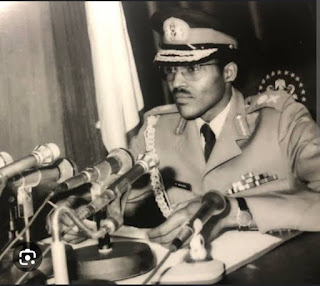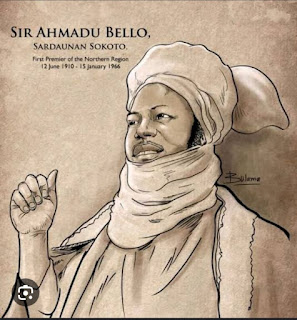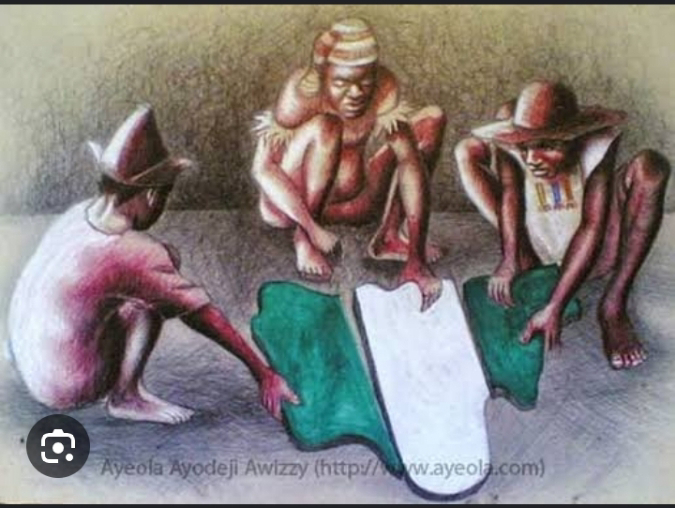Buharism, An Analysis Of The Buhari Regime As Military Head of State
Backgroung
A lot of people will only envision the last eight years when Buhari's rule is brought into view, but in 1984/85, Buhari ruled in one of the most memorable two years for Nigerians. 1983 saw the collapse of Nigeria's Second Republic and the military took over with Buhari spear-heading the new military administration. Buhari's regime is definitely one of the most if not the most authoritarian regimes in the history of Nigeria,most of his Decrees were mainly focused on crime but some still served the only purpose of extending his rule.
Administration And Decrees
In Decree Number 2 of 1984, the state security and the Chief of Staff were given the power to detain without charges individuals deemed to be a security risk to the state for up to three months. Strikes and popular demonstrations were banned and Nigeria's security agency, the National Security Organization (NSO) had unlimited powers which they abused just like the now defunct SARS in Buhari's first tenure as President. The NSO played a large role in cracking down public descent by intimidating, harassing and jaling individuals who planned strikes and demonstrations. By October 1984 about 200,000 civil servants lost their jobs, Buhari also mounted offensive against corruption with over 500 politicians, officials and businessmen jailed for corruption.
Just like Buhari's former campaign against hate speech, Decree Number 4 on "Protection Against False Accusations", was a law that effectively repressed free press. The law states that offending journalist and publishers will be tried by an open military tribunal, whose ruling will be final and unappealable in any court, if found guilty one would be eligible for a fine of no less than 10,000 naira and jail sentence of up to two years. Fela Kuti the pioneer of afro beats was one of those who suffered from Buhari's dislike of those who had bad opinions about him, he was arrested for dissent on 4th September 1984 at the airport on his way to an American tour. He was served 5 years in prison but only stayed for 18 months as the Buhari regime was later overthrown.
The Buhari regime had many notable moments but perhaps one of Buhari's long lasting legacies was the War Against Indiscipline (WAI). Launched on 20th March 1984, the policy tried to address the perceived lack of public morality and civic responsibility of the Nigerian society. Nigerians were forced to form neat queues at bus stops under the watch of whip-weilding soldiers. civil servants who failed to arrive early at work were flocked or forced to do frog jumps. Any student over the age of 17 caught cheating in an exam will get 21 years in prison.
Overthrow
Like most military regimes, the Buhari regime didn't last long. In August 1985 General Ibrahim Babbangida and other members of the Supreme Military Council staged a coup which displaced Buhari as Head of State, he was subsequently detained in Benin State until 1988.



Comments
Post a Comment